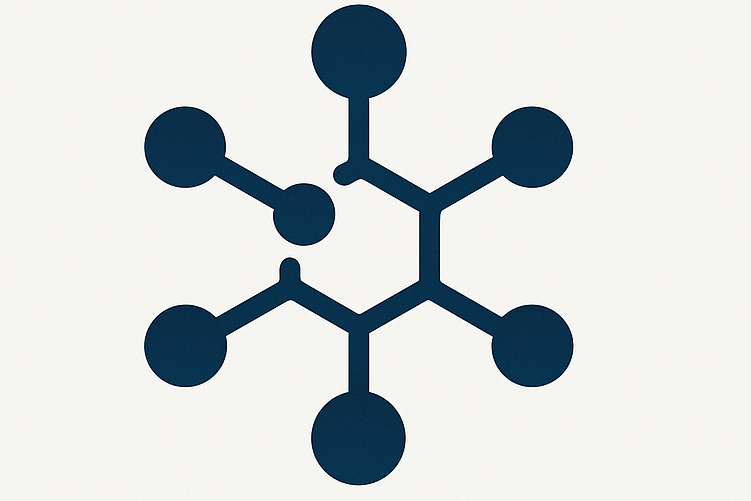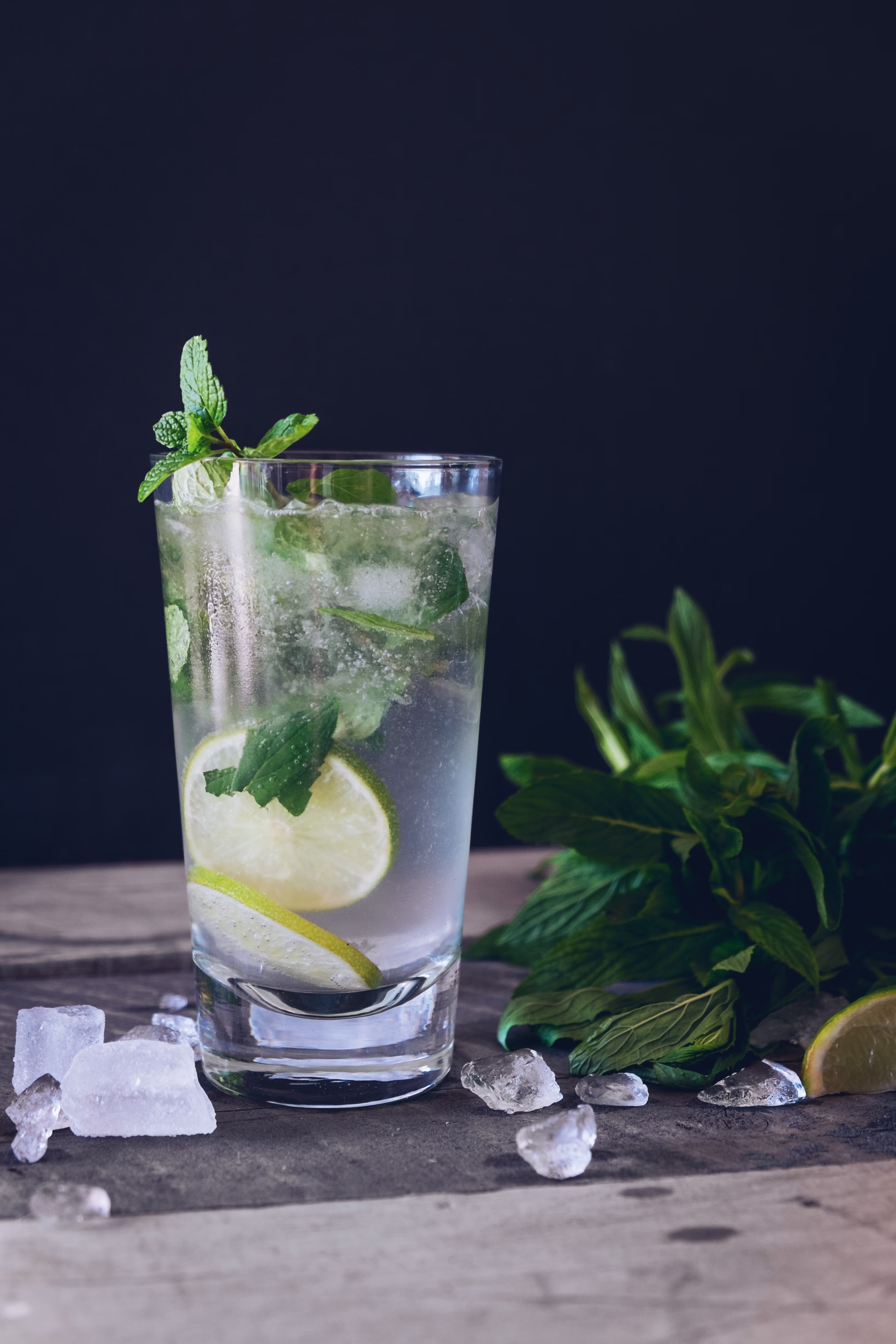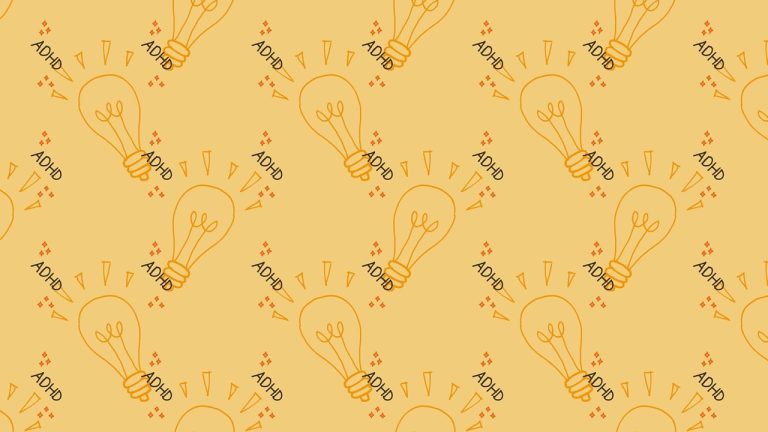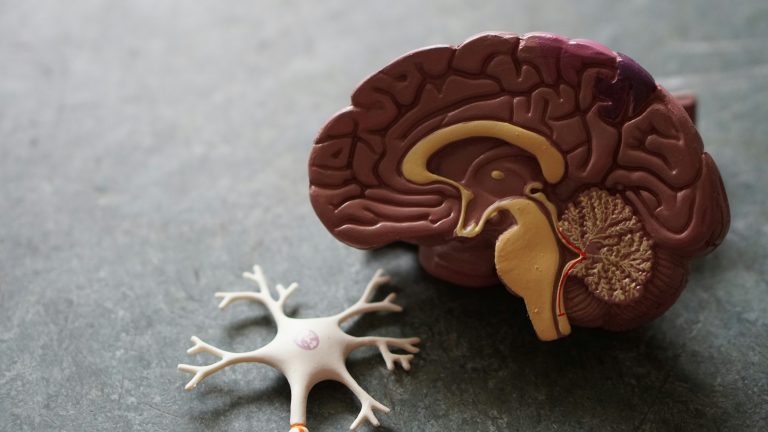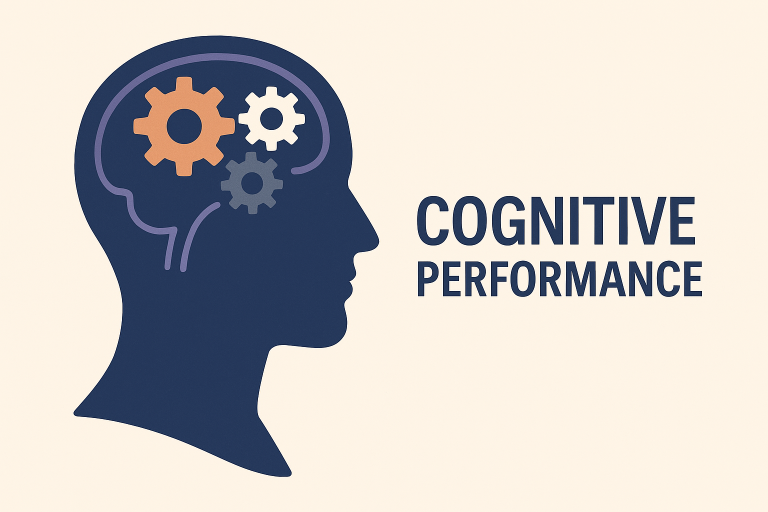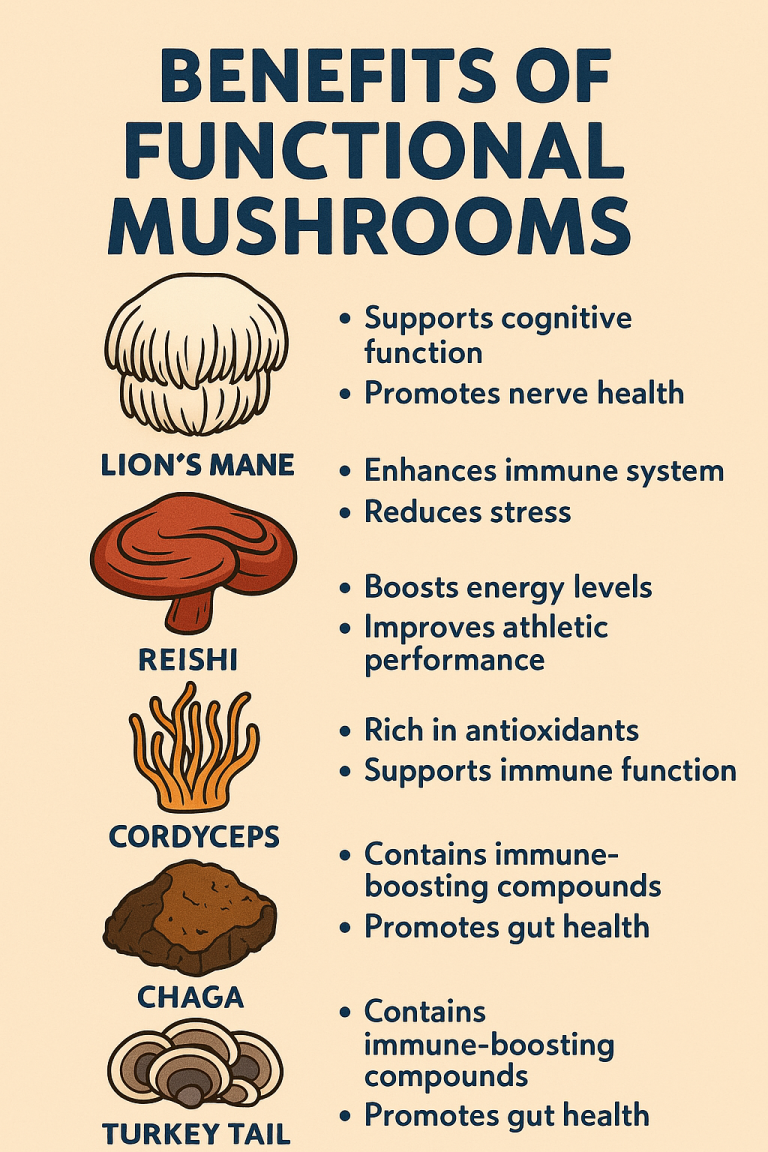Nootropics Drink: Benefits, Ingredients, and How to Choose the Best Option
Nootropic drinks are beverages made with ingredients that support brain health, focus, and mental performance.
These drinks often include natural compounds like adaptogens, nootropics, and botanicals that may help with concentration, energy, and stress management.
People can choose these drinks if they want a pick-me-up without caffeine overload or want to avoid the side effects of regular energy drinks.
Interest in nootropic drinks is growing as more people look for ways to stay sharp during busy days.
Some products use ingredients such as Alpha-GPC, B vitamins, and plant extracts, offering a more functional and healthier alternative to traditional sodas or energy drinks.
To see what sets these drinks apart, find more about their unique blends and potential benefits from brands like Kin Euphorics and Brite.
People curious about cognitive support or seeking alternatives to alcohol and regular supplements often turn to these drinks.
Nootropic drinks can fit naturally into many daily routines, offering a refreshing way to prioritize both mental and physical well-being.
What Are Nootropics Drinks?
Nootropics drinks use ingredients designed to help with memory, focus, and alertness.
These drinks often combine natural or synthetic compounds that are thought to support cognitive function.
Definition and Overview
A nootropics drink is a beverage created to help improve mental performance.
These drinks are made to support brain health and boost skills like attention and memory.
Most nootropics drinks use a blend of ingredients that may include herbs, vitamins, or amino acids.
People may choose nootropics drinks to gain a mental edge, stay awake, or support concentration, especially when studying or working.
The main goal is to improve how the brain works without causing harm or side effects.
Learn more about nootropics drinks and their benefits.
Popular Types of Nootropic Ingredients
Nootropics drinks usually have a mix of natural or laboratory-made ingredients known to help the brain.
Some common nootropic ingredients are:
- Caffeine: Supports alertness and reduces tiredness.
- L-Theanine: An amino acid from tea that may help with relaxation without drowsiness.
- Ginkgo Biloba: An herbal extract thought to help with memory and blood flow.
- Panax Ginseng: May increase energy and support mental function.
- B Vitamins: Help with brain energy and daily mental performance.
Other ingredients like Lion’s Mane mushroom, Rhodiola Rosea, and certain antioxidants can also be found.
Some nootropics drinks use only natural ingredients, while others use a blend of both natural and synthetic compounds.
How Nootropics Drinks Differ from Other Functional Beverages
Nootropics drinks are different from other functional drinks like energy drinks or vitamin waters.
Their main aim is to improve cognitive function rather than just give an energy boost or hydrate.
Ingredients in nootropics drinks are chosen to help with focus, memory, or mood rather than physical stamina.
Unlike standard energy drinks, which often rely only on caffeine and sugar, nootropics drinks contain targeted compounds for mental performance.
They may appeal to people wanting a healthier option or an alternative to coffee and regular energy drinks.
Some nootropics drinks are marketed as a non-alcoholic, social drink choice for better brain health without the effects of alcohol.
Key Nootropic Ingredients in Drinks
Nootropic drinks often blend plant extracts and natural compounds to help boost brain function.
Several well-studied ingredients are chosen for their benefits on concentration, focus, and mood.
L-Theanine and Benefits
L-theanine is an amino acid found mainly in green tea.
People turn to l-theanine for its calming effects without feeling sleepy.
It helps balance the stimulating effects of caffeine and can support mental clarity.
When mixed with caffeine, l-theanine may improve attention and reduce the jittery side effects that caffeine can cause.
Many nootropic drinks include this combination to offer a steady and focused type of energy.
L-theanine is also known for its potential to lower stress.
Some research suggests it can improve sleep quality by helping people relax before bedtime.
Its gentle, calming nature makes it a top pick in formulas promoting calm alertness.
| Benefit | How L-Theanine Helps |
|---|---|
| Reduces stress | Promotes relaxation |
| Improves focus | Supports attention |
| Smooths caffeine effects | Reduces jitters |
Lion’s Mane Mushroom Extract
Lion’s mane mushroom extract is used for its possible effects on brain health and memory.
This mushroom contains compounds that may support nerve growth and brain cell health.
Some studies suggest that lion’s mane can help with mental clarity and may improve focus over time.
It is often chosen for nootropic drinks where memory support is a key target.
Unlike caffeine, lion’s mane does not have a stimulating effect or cause a crash.
It is often seen as a natural way to encourage ongoing brain health.
People seeking long-term cognitive support often look for products with lion’s mane mushroom extract.
| Component | Potential Benefit |
|---|---|
| Erinacines | Nerve growth, brain cell support |
| Hericenones | Brain function, memory assistance |
Caffeine Sources
Caffeine is a staple ingredient in nootropic drinks.
It is valued for its ability to increase alertness and help people feel more awake.
Many drinks use caffeine either from coffee beans, green tea, or natural sources like yerba mate.
Green tea extract and guarana are two popular vegetable-derived caffeine sources.
Both supply steady energy and may contain antioxidants as well.
This can make the energy boost feel smoother and less overwhelming.
Some formulas add adaptogens, such as ashwagandha, for balance.
These blends aim to prevent crash or anxious feelings, making them popular for daily use.
| Source | Key Features |
|---|---|
| Coffee beans | Traditional, strong |
| Green tea | Includes l-theanine |
| Yerba mate | Smooth energy, natural |
| Guarana | Lasting stimulation |
Supporting Ingredients for Cognitive Performance
Nootropic drinks often include extra ingredients to help the brain and body.
Some common choices make drinks taste better and help with hydration, both of which can affect cognitive performance.
Flavor Enhancers: Lemon and Lime
Lemon and lime are used to improve the flavor profile of many nootropic drinks.
These citrus fruits add a fresh, tangy taste, making drinks more appealing and easier to drink on a regular basis.
Adding lemon or lime introduces natural vitamin C.
While vitamin C is mainly known for its immune support, it also helps protect brain cells from oxidative stress.
This is important for maintaining mental clarity and focus during daily activities.
Table: Nutrients in Lemon and Lime
| Nutrient | Lemon (per 100g) | Lime (per 100g) |
|---|---|---|
| Vitamin C (mg) | 53 | 29 |
| Potassium (mg) | 138 | 102 |
| Folate (mcg) | 11 | 8 |
Besides taste and nutrition, lemon and lime can help mask the bitter flavors found in some nootropic ingredients.
This makes the drinks more palatable and enjoyable to consume.
Hydration: The Importance of Water
Water is essential in any nootropic drink for both taste and function.
Proper hydration plays a direct role in cognitive performance.
When the body is dehydrated, memory, concentration, and reaction times can decrease.
Nootropic drinks use water as the base to deliver their active ingredients.
The body absorbs these nutrients more effectively when well-hydrated.
Water also helps to regulate body temperature and supports overall brain health.
Low water intake can lead to headaches, brain fog, and even mood swings.
A nootropic drink with enough water content supports clear thinking and sharper focus.
Choosing a drink with good hydration properties is linked to better performance and alertness throughout the day.
For more about hydration and the importance of water in smart drinks, visit this guide on formulating smart drinks.
Health and Dietary Considerations
Choosing a nootropics drink is not only about enhancing focus or memory.
People often consider ingredients, dietary restrictions, and healthier alternatives to fit their lifestyles.
Sugar-Free and No Artificial Sweeteners
Many consumers prefer nootropics drinks that are sugar-free or contain no artificial sweeteners.
Avoiding sugar can help lower the risk of weight gain and tooth decay.
Sugar-free drinks also help those watching blood sugar, including people with diabetes.
Artificial sweeteners, although low in calories, may cause digestive discomfort in some.
Some users look for drinks sweetened with stevia, monk fruit, or other natural alternatives.
Labels often say “no added sugar” or “naturally sweetened” to make it clear.
Reducing both sugar and artificial ingredients can make nootropics drinks more appealing to those with health concerns.
These options may be especially valued by those who want to avoid highly processed foods.
Gluten-Free and Plant-Based Options
Gluten-free nootropics drinks are necessary for people who have celiac disease or gluten sensitivity. Brands clearly mark products “gluten-free” to help consumers avoid reactions.
Additives, flavorings, and thickeners can sometimes contain gluten. Checking ingredient lists is important.
Plant-based options are popular for those aiming to lower their intake of animal products. Plant-derived ingredients may include herbal extracts, tea, or adaptogens.
These drinks appeal to people who follow flexitarian or vegetarian diets. Some nootropics drinks use no dairy, eggs, or honey, which matters to people avoiding animal by-products.
This can expand choices for those interested in sustainable or allergen-friendly drinks. Learn more about health and dietary needs in nootropics drinks.
Vegan-Friendly Formulations
Vegan-friendly nootropics drinks are made without animal-sourced ingredients. No dairy, gelatin, or animal-based additives are used.
They often feature plant proteins, herbal extracts, and vitamins from non-animal sources. These drinks are suitable for vegans but can also benefit people looking to avoid allergens or reduce animal product intake.
Labels often state “certified vegan” so buyers can be sure. Vegan formulations also support environmental goals, as plant-based drinks often have a lower impact on animals and natural resources.
As demand rises, more brands are offering vegan nootropics options to fit diverse lifestyles and beliefs.
Benefits of Nootropics Drinks
Nootropics drinks use ingredients to support aspects of brain health such as attention, memory, and mental energy. Many formulas include compounds that impact alertness, stress response, and memory.
Focus and Alertness Enhancement
Nootropics drinks are often used to improve focus and keep people alert. Common ingredients, such as L-theanine and caffeine, help support a clear and focused mind.
L-theanine, found in green tea, works to calm the mind without causing drowsiness. When combined with caffeine, it can help people stay awake and concentrate during tasks.
Many people use these drinks to perform better at school or work. They may notice it is easier to stay on task and react quickly to new information.
Some drinks also include natural amino acids like L-tyrosine, which helps the brain with stress and supports alertness in high-pressure situations. Read more about common ingredients for boosting focus in drinks at Beverage Industry Insights.
Support for Cognitive Function
Nootropics drinks may include substances that help support cognitive function. These ingredients work differently.
Some aid in short-term memory, while others can help with learning new information or solving problems. By enhancing how the brain works, these drinks can make it easier to remember details or keep new ideas in mind.
Drinks may use herbal extracts, amino acids, and vitamins. For example, Ashwagandha is used to help with stress, which can make thinking easier.
Many drinks combine several ingredients to target memory, accuracy, and mental processing speed. More details about how nootropic drinks may improve thinking can be found here.
Mental Performance Optimization
Nootropics drinks are usually created to help people perform at their best, especially during times when they need to be sharp or productive. They help by providing small amounts of energy and increasing mental stamina.
Some people use these drinks when preparing for tests, working long hours, or facing high-stress challenges. The right combination of nootropics can help people handle more complex tasks without feeling as mentally tired.
These drinks do not replace sleep or healthy habits, but they may add an extra layer of support for people who need to be productive. For more on how these beverages might support peak mental performance, visit this nootropic drinks overview.
Product Qualities and Safety
Nootropic drinks often rely on specific dry ingredients and careful quality controls. Safe use comes from understanding both the makeup of the drink and the processes that make it reliable for consumers.
Dry Ingredients and Formulations
Most nootropic drinks use a blend of amino acids, minerals, and plant extracts. Common active ingredients include L-theanine, caffeine, and sometimes herbs like ginkgo biloba.
Each ingredient is selected for its possible role in memory, focus, and alertness. The ingredients are usually provided as powders or granules before being mixed into drinks.
This offers longer shelf life and easy measurement for each serving. Additives and fillers are often kept low to reduce unwanted side effects such as stomach discomfort.
Formulations must balance ingredient levels carefully. Too much caffeine or other stimulants may lead to side effects like jitters or trouble sleeping.
Labels should provide clear dosage information so users can track how much they are consuming.
Safety and Quality Assurance
Safety is a major concern for those using nootropic drinks. Not all products are reviewed by government agencies before they are sold.
Responsible brands test their drinks to check for purity and quality. Quality testing is performed in labs to confirm the drinks match the label and do not contain dangerous contaminants.
Manufacturers may publish test results or earn third-party certifications for some products, helping assure consumers of their quality. It is important to choose products from companies that use consistent testing methods.
Reliable testing can tell if the product meets safety standards and includes only the intended ingredients. Drinking untested or unregulated products may put users at risk, especially if used in high amounts or combined with other stimulants.
Storage and Shelf Life
Proper handling and storage of nootropics drinks help keep their taste, texture, and effects reliable. The shelf life of these beverages depends on their ingredients, production methods, and environmental factors.
Storage Guidelines for Maximum Freshness
Nootropics drinks should be stored in a cool, dry place away from direct sunlight. High heat, moisture, and sunlight can lead to faster breakdown of ingredients.
A pantry or a cupboard works well for most unopened cans or bottles. Once opened, it is best to refrigerate the drink and finish it the same day for best quality.
Air and light exposure after opening can reduce the effectiveness of certain ingredients and lead to spoilage. For unopened canned or bottled nootropic drinks, storing them at a steady room temperature around 18-24°C (64-75°F) keeps them fresh longest.
Always check for changes in color, smell, or taste before drinking if storage conditions haven’t been ideal.
Dry Retail Shelf Life Considerations
The shelf life of nootropics drinks can range from several months to over a year depending on the formulation and packaging.
For example, some canned nootropic drinks have a shelf life of around 20 months.
Drinks with natural preservatives or fewer artificial additives may have shorter shelf lives, sometimes about 12 months.
Always check the package for a printed expiration or “best before” date.
Key factors that affect dry shelf life:
- Type of ingredients
- Use of preservatives
- Packaging method (canned, bottled, etc.)
- Storage environment
